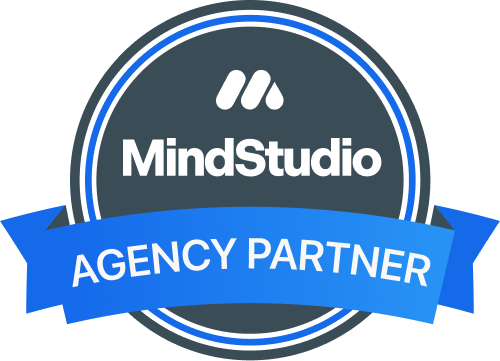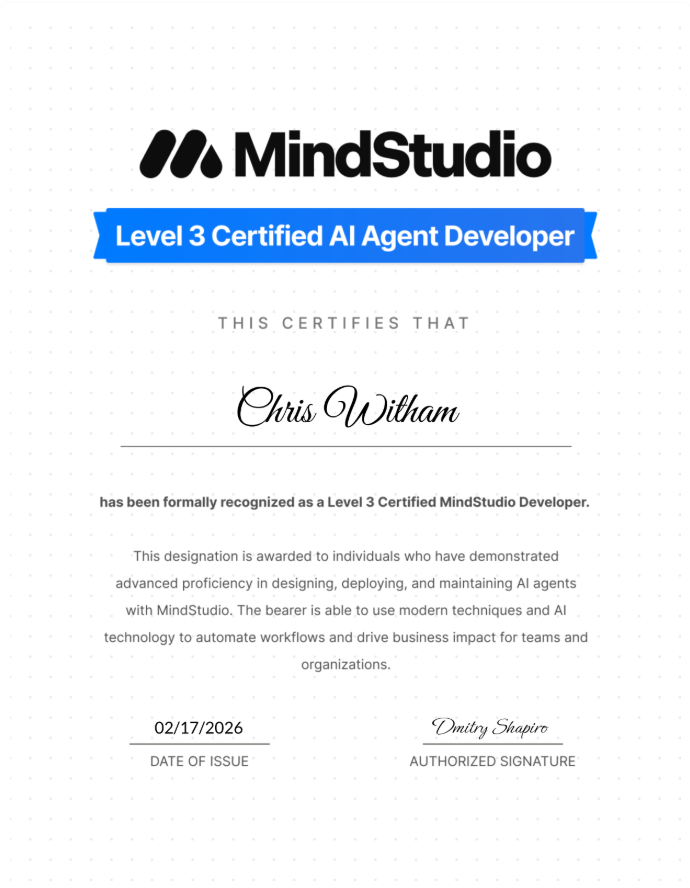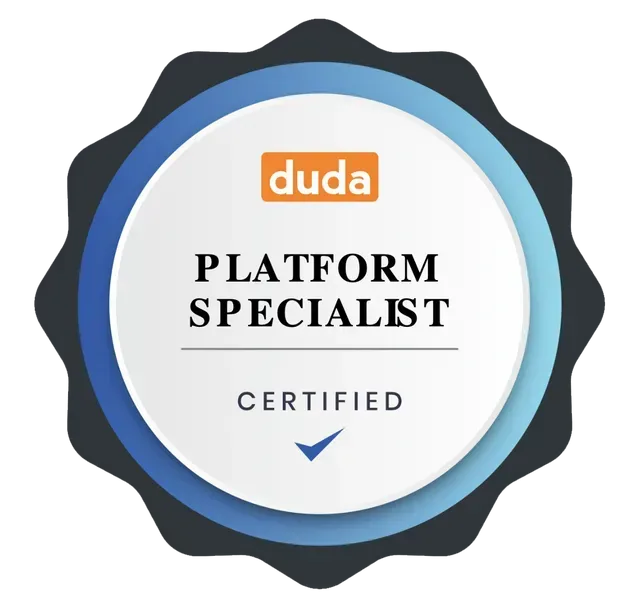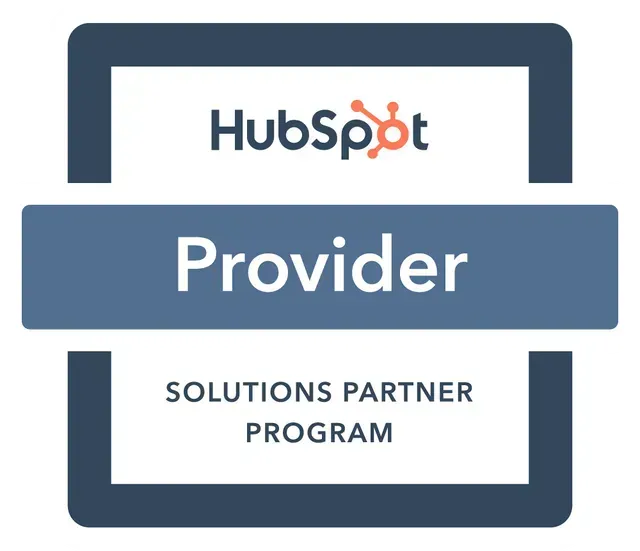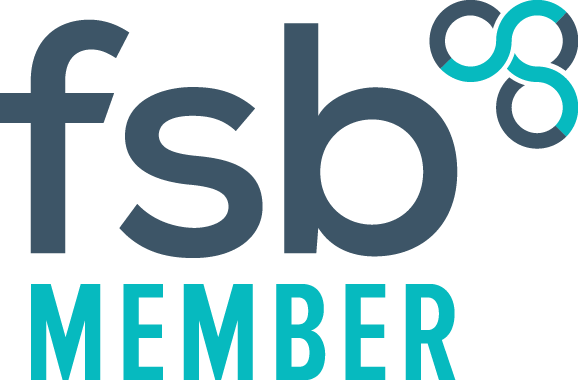AI for Breakfast
Post 112 - How AI is reshaping dental practices:
Streamlining efficiency and patient care
Artificial intelligence (AI) has made its way into dental practices, transforming how these clinics operate and improve patient care. In an era where technology is becoming deeply embedded in healthcare, dental practices are not left behind. The adoption of AI in dentistry can streamline administrative tasks, enhance diagnostics, and personalise treatment plans, making the entire dental experience more efficient and patient-friendly. Here’s a closer look at how AI can benefit dental practices.
1. Smarter appointment scheduling and patient management
Dental practices often struggle with appointment scheduling and patient management, leading to overbooking, underbooking, or no-shows. AI-driven scheduling systems can analyse patient patterns, recommend optimal appointment slots, and send reminders to minimise missed appointments. This not only maximises the practice’s capacity but also ensures that patients receive timely care.
2. Improving diagnostics with advanced imaging
AI-powered imaging software can significantly improve the accuracy of dental diagnostics. For instance, AI algorithms can analyse dental X-rays to detect early signs of cavities, gum disease, or other oral conditions that might go unnoticed by the human eye. This enables dentists to intervene sooner, providing preventive care that can save patients from more severe issues later on.
3. Personalised treatment plans and recommendations
Each patient's dental needs are unique, and creating personalised treatment plans can be time-consuming. AI can assist by analysing patient data, including medical history, past treatments, and lifestyle factors, to recommend tailored treatment plans. This not only saves time but also improves patient outcomes by ensuring treatments are customised to individual needs.
4. Enhanced workflow automation
Many administrative tasks in dental practices, such as billing, insurance claims, and inventory management, can be automated with AI. Automation reduces the burden on administrative staff, allowing them to focus on more critical tasks like patient interaction. By handling these routine tasks, AI can streamline the workflow, reduce errors, and ensure that the practice runs smoothly.
5. AI-driven virtual assistants
Virtual assistants powered by AI can handle a variety of tasks, from answering common patient questions to providing after-hours support. These assistants can also manage appointment bookings, provide medication reminders, and offer personalised oral hygiene tips. By extending the practice’s capabilities beyond regular office hours, virtual assistants can enhance patient satisfaction and engagement.
6. Optimising dental marketing
AI tools can help dental practices refine their marketing strategies by analysing patient demographics, preferences, and behaviour. This insight allows practices to target their marketing efforts more effectively, whether through personalised email campaigns or targeted ads. In turn, this can lead to better patient retention and acquisition.
7. Predictive analytics for equipment maintenance
Dental equipment is vital to providing quality care, and downtime due to equipment failure can be costly. AI can predict when equipment might fail by analysing usage patterns and historical data. This enables practices to perform preventive maintenance, reducing unexpected breakdowns and ensuring that essential equipment is always available.
Conclusion
Integrating AI into dental practices offers multiple benefits, from improving diagnostic accuracy to streamlining administrative tasks. By adopting AI tools, dental clinics can enhance their efficiency, offer better patient care, and stay ahead in the evolving healthcare landscape. Whether it’s managing appointments, refining marketing strategies, or ensuring equipment reliability, AI is undoubtedly a valuable asset for dental practices seeking to enhance their services and overall patient experience.
If you’re looking to develop an AI application for your practice please contact Chris to discuss your requirements.




